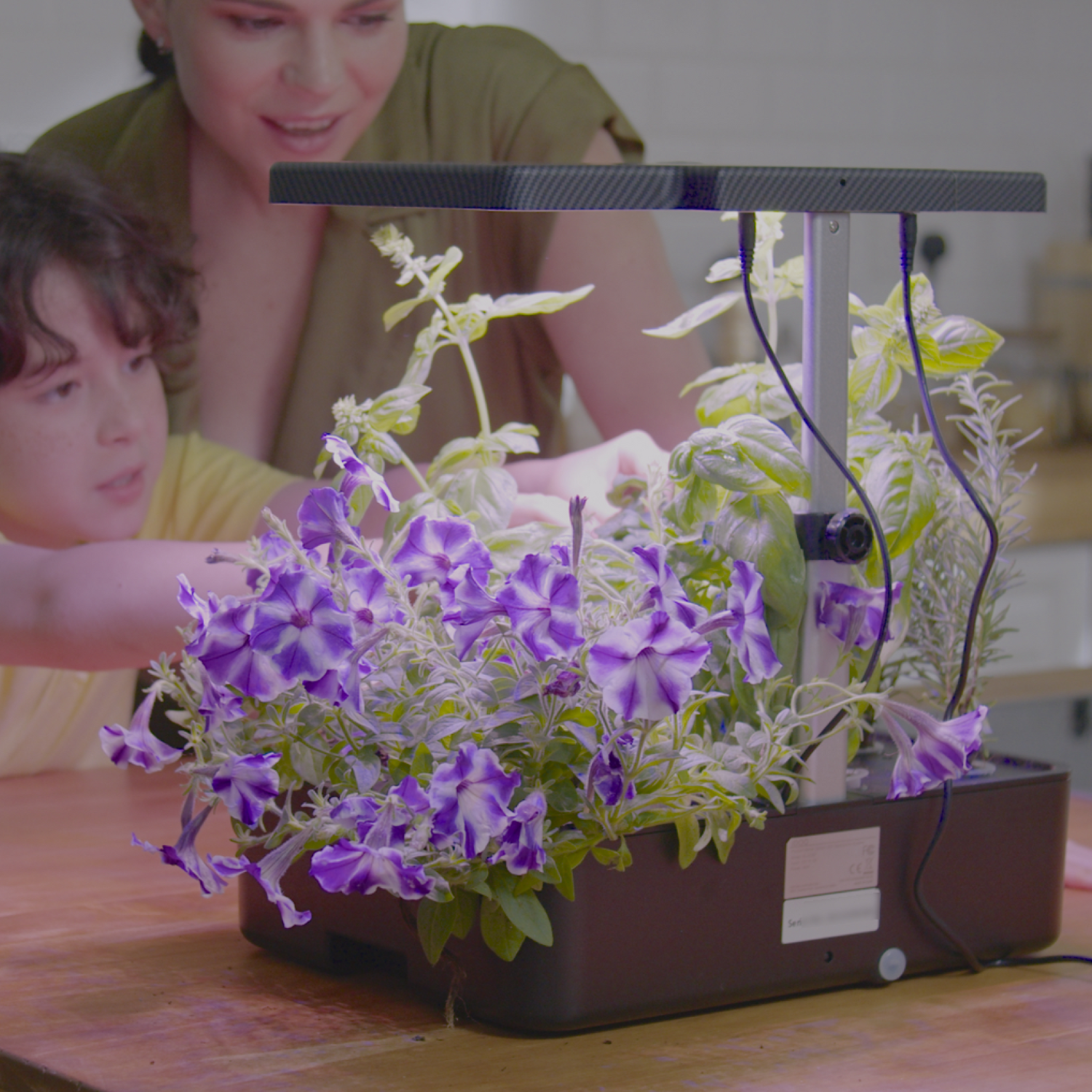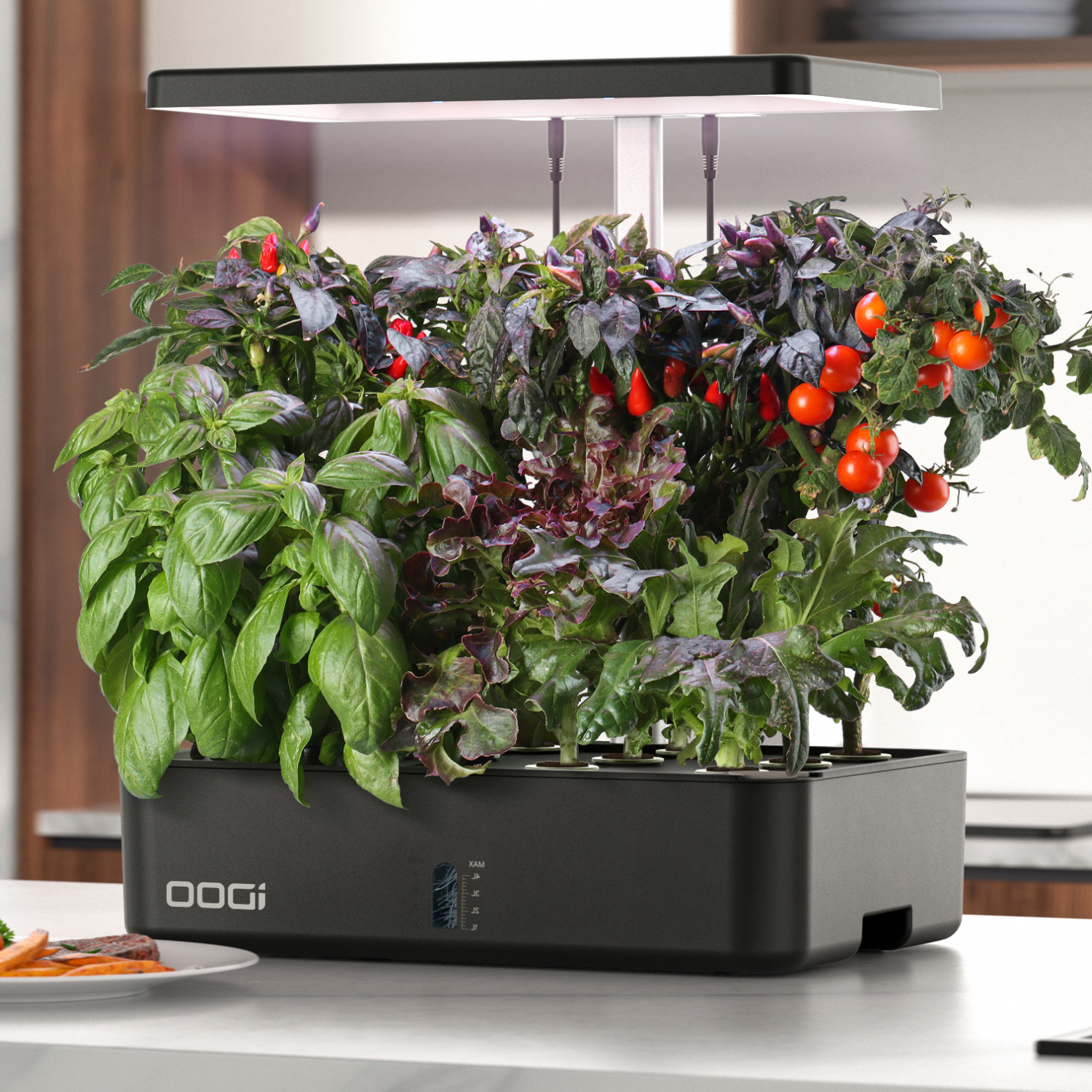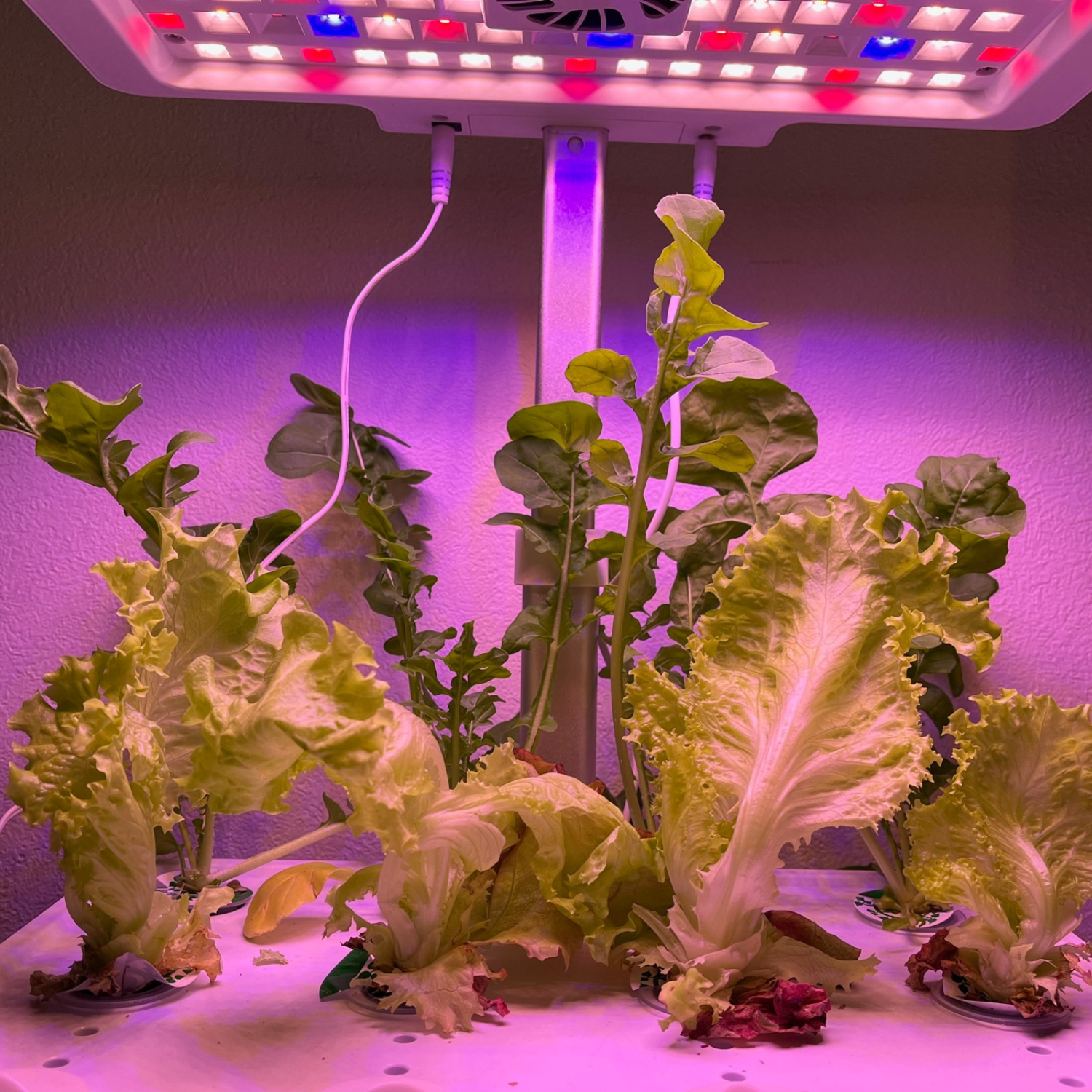Hydroponic systems are a type of agricultural technology that allows for better control over plant growth. Unlike traditional soil-based farming, hydroponics involve growing plants in nutrient-rich water solutions instead of soil. This provides greater control over the plant's environment, including the amount of nutrients, water, and light they receive.
One of the biggest benefits of hydroponic systems is their ability to optimize plant growth. By precisely controlling the amount of nutrients and water that the plants receive, growers can ensure that the plants are getting exactly what they need to thrive. This can result in faster growth rates, higher yields, and better overall plant health.
Hydroponic systems are also highly customizable. Growers can tailor the system to suit the specific needs of their crops, making adjustments to factors like nutrient concentration, water flow rates, and lighting levels. This level of customization allows growers to experiment with different growing conditions and optimize their systems for maximum efficiency.
Another benefit of hydroponic systems is that they can be used to grow plants in environments where traditional farming methods are not feasible. For example, hydroponics can be used to grow crops in urban areas with limited space or in areas with poor soil quality. This makes hydroponic systems an ideal solution for urban farming, vertical farming, and other types of innovative agriculture.
Overall, hydroponic systems offer many benefits over traditional soil-based farming methods, including greater control over plant growth, increased efficiency, and the ability to grow crops in non-traditional environments. As such, hydroponics are becoming an increasingly popular choice for farmers and gardeners looking to improve their yields and grow healthier, more robust plants.




Leave a comment
This site is protected by hCaptcha and the hCaptcha Privacy Policy and Terms of Service apply.